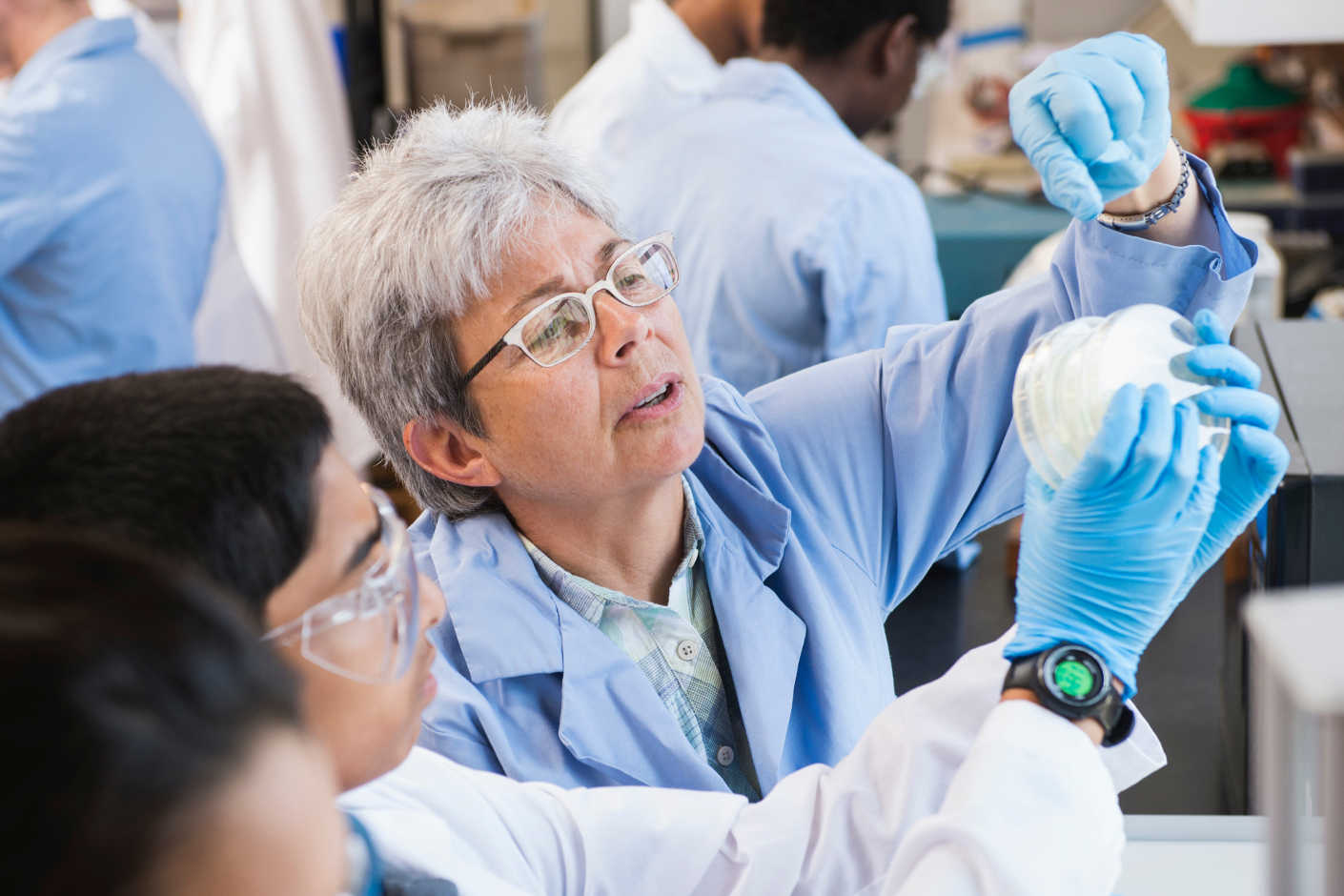
From initial seed funding to large-scale institutional grants, EOP offers multiple entry points for embedding sustainability into STEM education, supporting academic innovation efforts nationwide.
Provides seed funding, expert mentorship, and community support for curricular innovation in a nine-month sprint.
Invitation-based grants from The Lemelson Foundation to enable experienced educators and institutional leaders to deepen EOP implementation.
Co-funded grants supporting research and curricular development projects aligned with EOP’s goals.
Recognizing excellence and innovation in sustainability initiatives within ABET-accredited STEM programs.
The ABET and The Lemelson Foundation Engineering for One Planet Innovation in Sustainability Award underscores our joint commitment to recognize and encourage sustainability initiatives that drive innovation in STEM education.
The American Society for Engineering Education will support up to 24 new awardees through its EOP Mini-Grants Program in 2026. More than 45 colleges and universities have graduated from this highly popular and effective 9-month program. Follow EOP on LinkedIn or in our newsletters for more information.

The ASEE EOP Mini-Grants Program was the steppingstone that paved the way for our cross-institutional team to receive the NSF-Lemelson Initiative award which revolutionizes how sustainability is taught in engineering classrooms across the nation.
